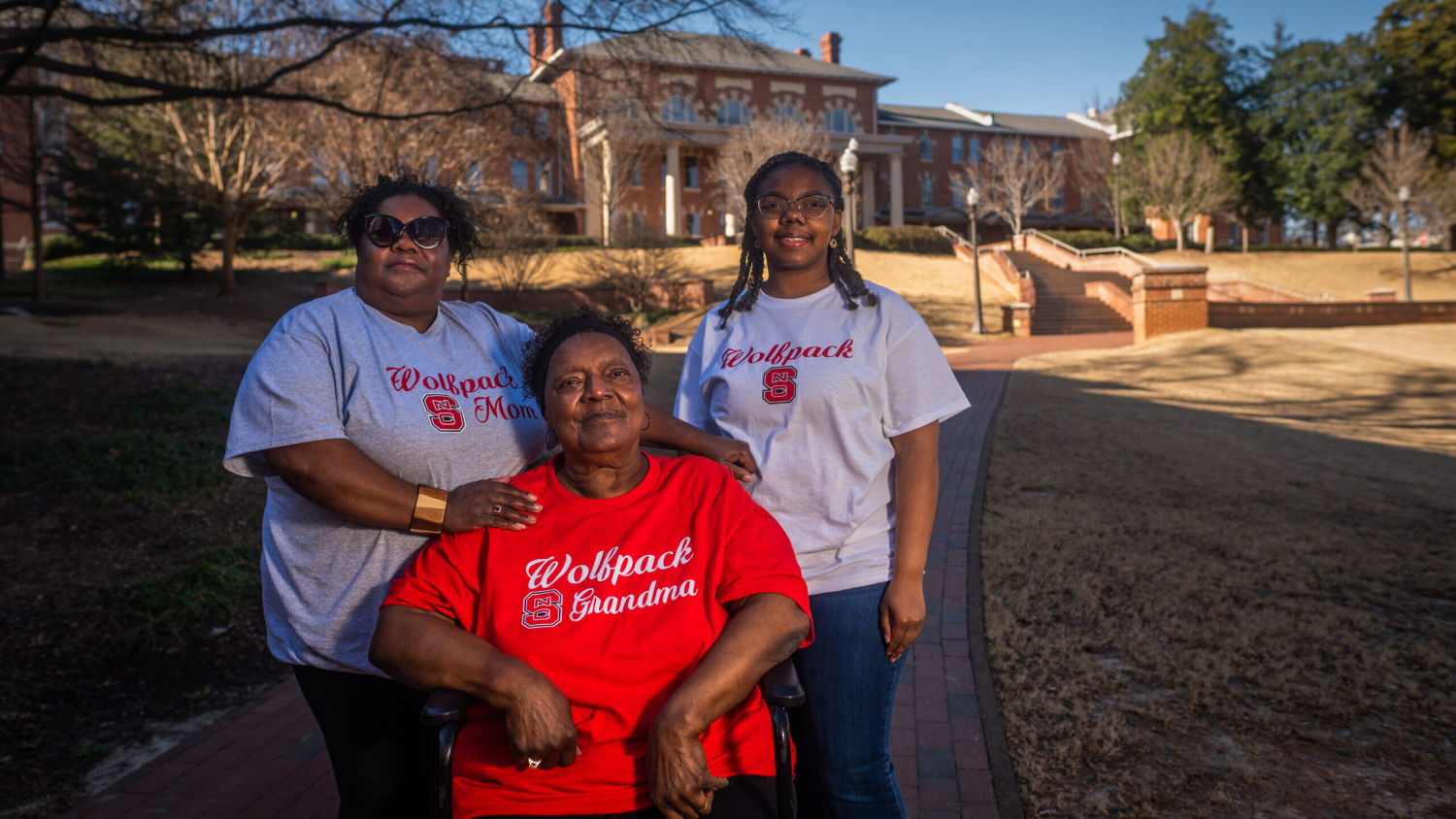Research Explores How Hurricane Warnings Reach the Public
When a hurricane is approaching, residents in the path of the storm have to make important decisions that may affect their property or personal well-being.
They use information and warnings to assess their risks, before ultimately deciding what to do.
NC State graduate student Laura Zdanski studies how those warnings are communicated to the public. As part of a recent literature review of public perception and response to hurricane flooding, Zdanski explored the flow of technical information from experts to those at risk (the public) and those responsible for mitigating risk (governmental agencies).
Zdanski, who is pursuing a master’s degree in technical communication, presented her preliminary findings at the 2016 NC State Graduate Student Research Symposium, where she won third place for best humanities poster. We caught up with Zdanski about her work and plans for the future:
Q: What led you to pursue this literature review?
A: A combination of personal experience and intellectual curiosity. I’m originally from the Outer Banks, North Carolina, and my undergraduate work was in environmental risk assessment. In one of my research methodology classes for the Master of Science in Technical Communication (MSTC) program, I had the opportunity to explore the hurricane warning system from a communication studies and rhetorical analysis perspective.
Q: What was the extent of the review? What did you analyze?
A: I selected articles that examined public perception of flood risk and also communication breakdowns during hurricanes at a local government, national government and technical organizations. These types of communication breakdowns occur when the system of risk communication does not encourage those at risk to participate in risk assessment. Without the ability to provide feedback to risk assessors, they may give detailed information about topics that do not help those at risk to make decisions.
Q: What did you find?
A: Not only did I find historical examples of communication failures documented by governmental organizations and researchers, but also I found articles describing how individuals use community dialog to understand their risk. People use their communities and media reports to help them make decisions about evacuating or staying through a storm.
Q: What is the significance of these findings?
A: There is a significant presence in the literature documenting non-linear risk communication to the public during hurricanes. Instead of those at risk receiving detailed information from their local government, they receive a variety of information from many sources, including their communities. This opens many opportunities for social scientists and risk communicators to improve small-scale risk communication by analyzing community level discourse. If we better understand how people are interacting with the existing system, there may be improvements that require very little change to the infrastructure.
Q: In addition to the NC State Graduate Student Research Symposium, have you presented these findings elsewhere? Do you plan to publish the work?
A: I’m elaborating on this literature review by performing a verbal data analysis of local and national hurricane warnings. I plan to present these findings in a student research competition hosted by the Association of Computing Machinery this fall. The more I dive into this topic, it becomes apparent to me that this is an area of study that requires careful study. As it is, I need to put some more work in before it’s ready to be published.
Q: How have professors or your experiences at NC State helped prepare you for research like this?
A: My instructor, Dr. Huiling Ding, gave me significant encouragement and guidance. The literature review was our final assignment for her research methodology class, and she advised me to continue working on the topic. Now as I expand the scope of the project, both she and Dr. Jason Swarts have been incredibly helpful in guiding me through the experimental design and implementation.
Q: What’s next for you after grad school?
A: I would love to pursue a Ph.D. at some point. I’m not sure if that will be immediately after I finish with the MSTC program, or after some time working in industry. I have another year at NC State for my program, so I’m glad I don’t have to decide quite yet!
- Categories:

